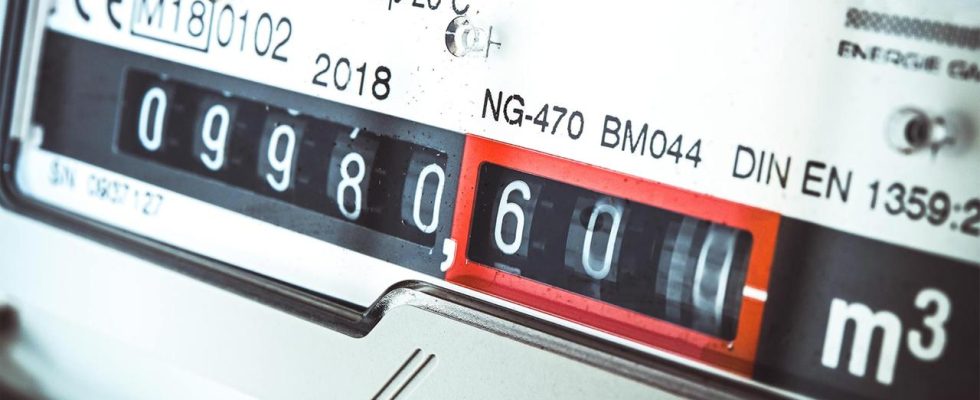According to ZEW President Wambach, the days of cheap energy are over. This also has an impact on the labor market, for example because energy-intensive companies have to save money.
In Germany, comparatively high energy prices for consumers and companies are likely to become the norm, predicts ZEW President Achim Wambach. “Energy will never be really cheap again. We have less wind and less sun than many other countries,” said Wambach in an interview with the news agencies dpa and dpa-AFX. The consequences would be felt primarily by the energy-intensive sectors of the German economy.
“The labor market is reacting”
The job market will also be affected: “The labor market is beginning to react,” said the economist. The chemical giant BASF, for example, wants to tighten its austerity measures and cut more jobs at its main plant in Ludwigshafen.
The current Ifo employment barometer also suggests that the labor market is currently in difficulties: Given the uncertain economic situation, German companies want to hire as few staff as they did three years ago.
“The big political task will be to achieve the necessary transformation towards climate neutrality without significant jobs being relocated abroad and unemployment increasing,” said Wambach.
“High uncertainty is a problem”
From his point of view, Germany is currently burdened by the highest corporate taxes in an international comparison, costs for bureaucracy, inadequate digitalization and the resulting reluctance of companies to invest. Disputes within the traffic light coalition caused uncertainty among companies and they held back on investments.
“High uncertainty is a problem. A common will from the government is important and there is currently uncertainty,” said Wambach. The cuts to the Growth Opportunities Act and its blockage in the Federal Council are also not a good signal.
“We have to strengthen investments and need consistent structural reforms,” warned Wambach. “The European internal market must also be further expanded.” The economist, on the other hand, sees inflation on a “good path”. Together with higher wages, this should strengthen private consumption, which is an important pillar of the German economy.
Consumers suffer from high energy prices
Consumers are also feeling the effects of the high energy prices. According to an analysis by the comparison portal Verivox, three years after the start of the energy crisis, the prices for heating, electricity and refueling are still 41 percent above pre-crisis levels. A three-person model household currently has to spend 1,534 euros more on energy than in February 2021, as the Funke media group newspapers recently reported, citing the analysis.
The consequences of the weak economy, inflation and high energy prices are also noticeable in private consumption: consumption as a support for the economy is currently failing. German citizens are holding on to their money and their buying mood is hardly improving, as current data from the Society for Consumer Research (GfK) and the Nuremberg Institute for Market Decisions show.

